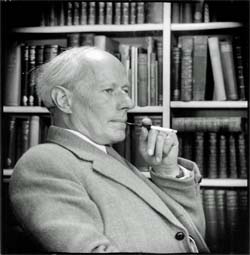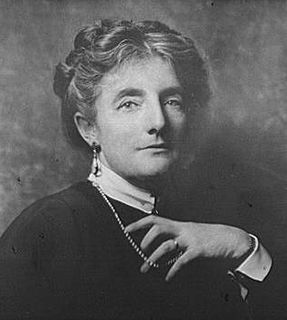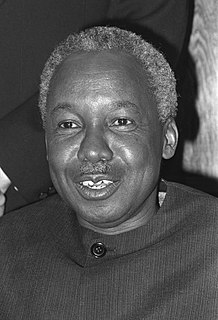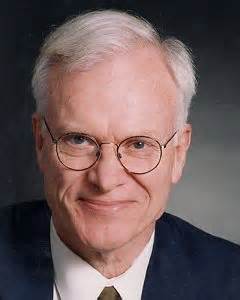A Quote by William Zinsser
Many of us were taught that no sentence should begin with "but." If that's what you learned, unlearn it - there's no stronger word at the start. It announces a total contrast with what has gone before, and the reader is thereby primed for the change.
Related Quotes
Many of us believe that we are victims to what happens to us, and therefore unworthy of anything better. What we've been taught and trained to believe about ourselves as children, often this is negative and we need to unlearn that. The way we unlearn them is by having a vision and moving forward. Staying focused and being true to that vision of what we desire for ourselves.
Never trust the translation or interpretation of something without first trusting its interpreter. One word absent from a sentence can drastically change the true intended meaning of the entire sentence. For instance, if the word love is intentionally or accidentally replaced with hate in a sentence, its effect could trigger a war or false dogma.
The secret of good writing is to strip every sentence to its cleanest components. Every word that serves no function, every long word that could be a short word, every adverb that carries the same meaning that’s already in the verb, every passive construction that leaves the reader unsure of who is doing what—these are the thousand and one adulterants that weaken the strength of a sentence. And they usually occur in proportion to the education and rank.
Every sentence has a truth waiting at the end of it and the writer learns how to know it when he finally gets there. On one level this truth is the swing of the sentence, the beat and poise, but down deeper it's the integrity of the writer as he matches with the language. I've always seen myself in sentences. I begin to recognize myself, word by word, as I work through a sentence. The language of my books has shaped me as a man. There's a moral force in a sentence when it comes out right. It speaks the writer's will to live.
Most people write the same sentence over and over again. The same number of words-say, 8-10, or 10-12. The same sentence structure. Try to become stretchy-if you generally write 8 words, throw a 20 word sentence in there, and a few three-word shorties. If you're generally a 20 word writer, make sure you throw in some threes, fivers and sevens, just to keep the reader from going crosseyed.
When we were at school we were taught to sing the songs of the Europeans. How many of us were taught the songs of the Wanyamwezi or of the Wahehe? Many of us have learnt to dance the rumba, or the cha cha, to rock and roll and to twist and even to dance the waltz and foxtrot. But how many of us can dance, or have even heard of the gombe sugu, the mangala, nyang umumi, kiduo, or lele mama?
We cannot control the way people interpret our ideas or thoughts, but we can control the words and tones we choose to convey them. Peace is built on understanding, and wars are built on misunderstandings. Never underestimate the power of a single word, and never recklessly throw around words. One wrong word, or misinterpreted word, can change the meaning of an entire sentence - and even start a war. And one right word, or one kind word, can grant you the heavens and open doors.



































